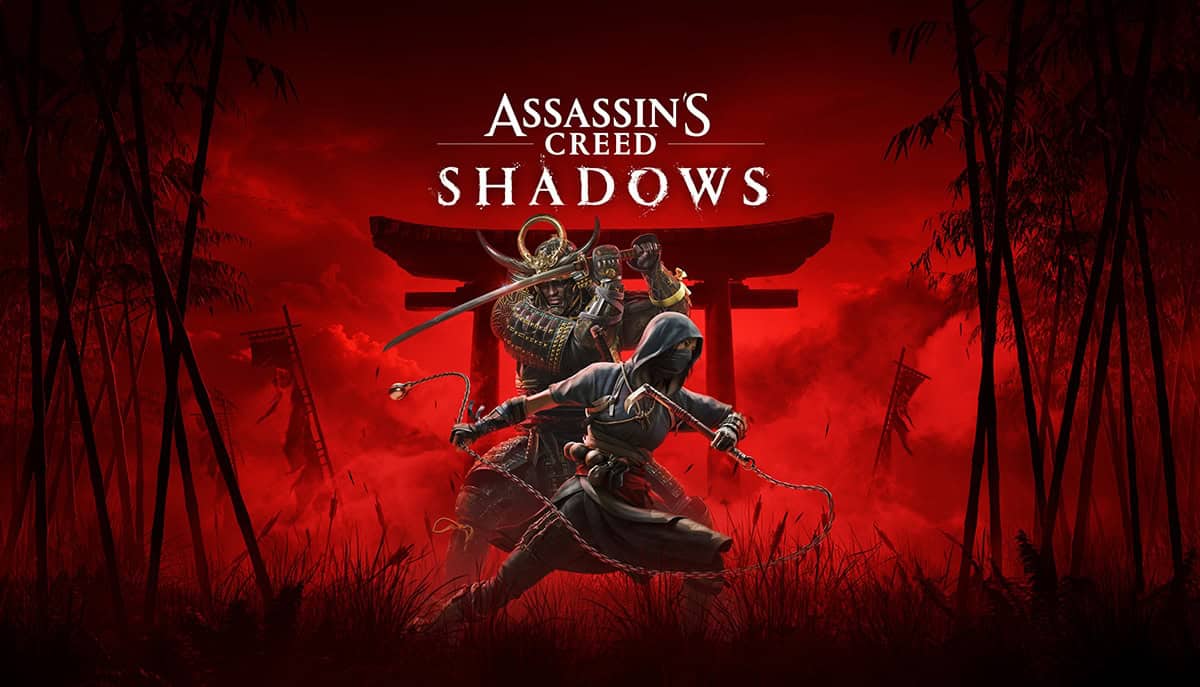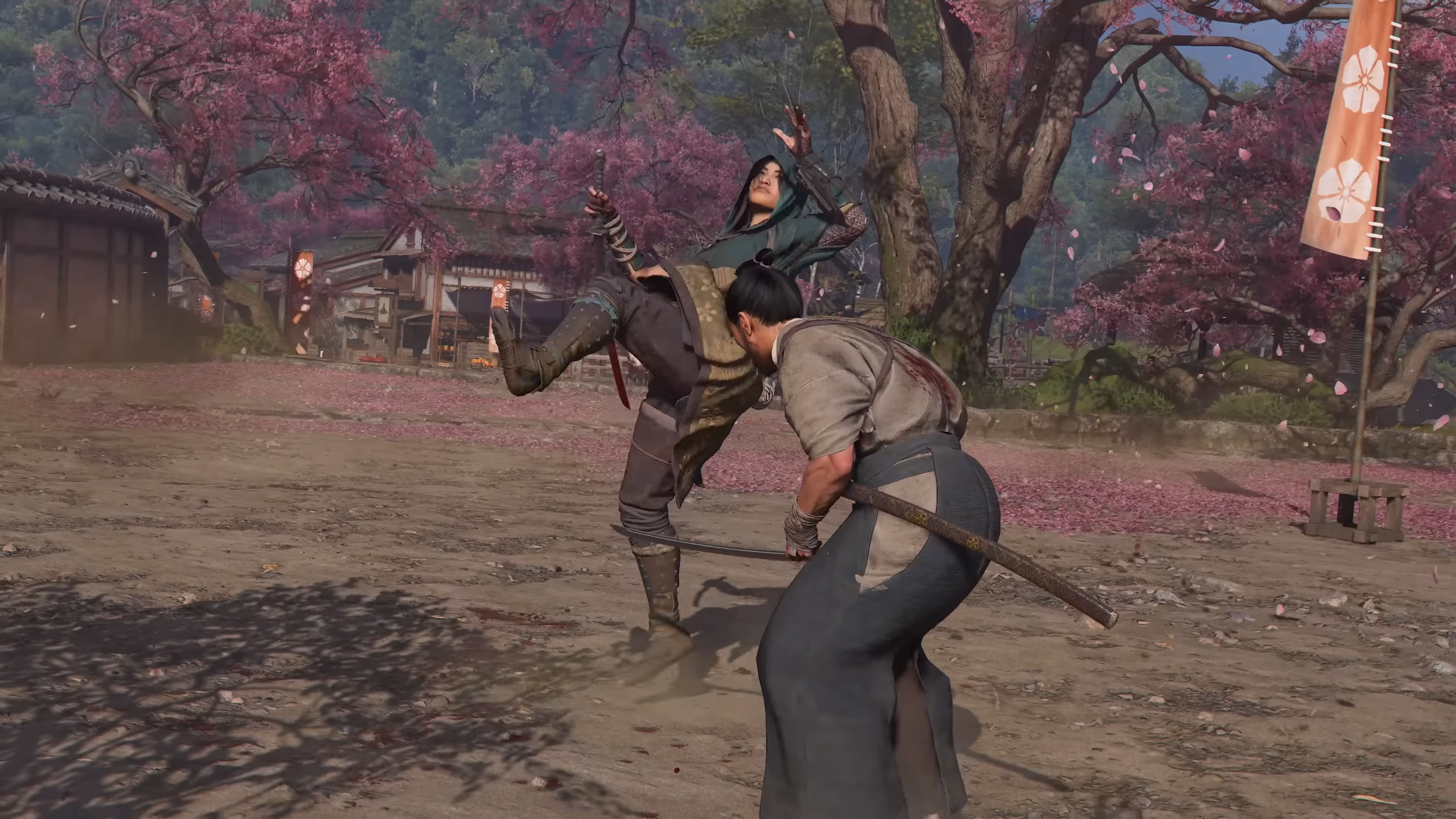Ubisoft recently patched Assassin’s Creed Shadows following concerns from Japanese officials about how the game handled cultural sites. The day-one update makes certain objects in temples and shrines indestructible, addressing worries that had reached high levels of government. The patch was released in response to criticism about players being able to destroy religious artifacts in Japanese shrines within the game.
The controversy gained significant attention when Japanese government officials, including the Prime Minister, expressed concern about the depiction and treatment of cultural landmarks. Rather than risk having the game banned in Japan and losing access to an important market, Ubisoft quickly implemented changes while maintaining the core gameplay experience.
This situation highlights the balance game developers must strike between creative freedom and cultural sensitivity, especially when creating games set in real-world locations with deep historical and religious significance. Players who install the patch will now find that certain elements within shrine areas cannot be damaged during gameplay.

Ubisoft Responds Swiftly To Cultural Sensitivity Concerns
Ubisoft’s latest entry in the Assassin’s Creed franchise, Assassin’s Creed Shadows, is already making headlines—and not just for its gameplay. Just days ahead of its highly anticipated release, the publisher rolled out a day-one patch addressing concerns from the Japanese government and cultural commentators. The controversy stemmed from how the game depicts destructible objects within sacred temples and shrines, prompting swift action from both Japanese officials and Ubisoft.
The Root Of The Controversy
It all began when trailers and previews of Assassin’s Creed Shadows showcased the ability to destroy objects inside Shinto shrines and Buddhist temples—two deeply respected places in Japanese culture. This sparked criticism from Japanese lawmaker Hirofumi Kada, who voiced concern over how the game’s depiction of destruction in sacred sites might influence real-life behavior. The fear was that younger players, or those less informed about Japan’s spiritual traditions, might be emboldened to disrespect or vandalize actual shrines and temples.
Prime Minister Shigeru Ishiba weighed in on the issue, suggesting that the government consult ministries overseeing cultural preservation to address the situation. While it wasn’t a formal government intervention, the pressure was enough to grab Ubisoft’s attention.
Ubisoft’s Day-One Patch: What’s Changing?
In response, Ubisoft issued a patch that makes several immediate changes to the game:
- Indestructible Shrine Objects: Certain items, such as offering tables and racks found within shrines and temples, are no longer destructible. These objects previously could be broken during combat or exploration, something that drew heavy criticism.
- Reduced Bloodshed In Sacred Spaces: Ubisoft also tweaked combat animations and physics to ensure that unarmed characters attacked in these environments no longer bleed. The goal is to show greater reverence for the sanctity of temple and shrine grounds.
- Global Implementation: Notably, these changes are not restricted to copies of the game sold in Japan. The patch has been rolled out worldwide, signaling Ubisoft’s broader commitment to cultural sensitivity.
Why Cultural Sensitivity Matters In Gaming
This isn’t the first time a major video game developer has had to navigate the tricky waters of cultural representation. However, Ubisoft’s quick response demonstrates the increasing importance of respectful and accurate portrayals, especially in games that explore real-world histories and cultures.
For Assassin’s Creed Shadows, a game set during Japan’s Sengoku era, authenticity is a selling point. But as the series pushes for greater realism, it also faces the challenge of balancing gameplay freedom with respect for the cultures it draws from. Ubisoft’s decision to implement these changes globally shows it’s willing to err on the side of caution.
Fan Reactions: Divided Opinions
Unsurprisingly, fan reactions are split. Some players appreciate Ubisoft’s proactive stance, applauding the publisher for listening to concerns and respecting cultural values. Others feel the changes compromise gameplay realism, arguing that destructible environments are a core element of the series’ immersive worlds.
On forums and social media, debates are heating up. Some question whether cultural sensitivity should impact game mechanics, while others argue that maintaining respect for sacred sites should take precedence over in-game destruction.
The Bigger Picture For Assassin’s Creed Shadows
Despite the controversy, Assassin’s Creed Shadows remains one of Ubisoft’s most anticipated releases in recent years. The game introduces dual protagonists, Naoe the shinobi and Yasuke the samurai, and takes players deep into feudal Japan. With its rich open world, stealth mechanics, and action-packed combat, it aims to deliver an authentic yet thrilling experience.
But the situation with the shrines has added another layer to the conversation about authenticity versus respect. Ubisoft’s patch may have curtailed some of the freedom players expected, but it has also sparked valuable discussions about how games can—and should—depict other cultures.
As Assassin’s Creed Shadows hits shelves worldwide, it’s clear that Ubisoft’s decisions will be closely watched—not just for gameplay innovations, but for how they navigate cultural sensitivity in an increasingly globalized gaming landscape.
Key Takeaways
- Ubisoft released a day-one patch making shrine objects indestructible after concerns were raised by Japanese officials.
- The controversy reached high levels of government with the Japanese Prime Minister commenting on the issue.
- The quick response demonstrates how game companies must balance creative expression with cultural respect to maintain market access.
Overview of the Controversy
The Assassin’s Creed Shadows controversy centered around cultural sensitivity issues related to Japanese shrines and artifacts in the game. This dispute highlighted tensions between creative gaming expression and respect for cultural heritage.
Origins of the Conflict with Japan
The controversy began when Japanese officials expressed concern about Assassin’s Creed Shadows allowing players to destroy artifacts in Japanese shrines. The Japanese government viewed this as disrespectful to their cultural heritage. These concerns were particularly sensitive given that the game features two playable characters, Naoe and Yasuke, navigating feudal Japan.
Critics in Japan worried that foreign players might misunderstand important cultural and religious symbols. The government felt that shrine desecration, even in a virtual environment, crossed boundaries of acceptable representation.
Some Japanese players and officials questioned whether Ubisoft properly consulted local cultural experts during development. Hiroyuki Kada, a cultural preservation expert, noted that games should balance entertainment with respect for historical sites.
Response from Ubisoft
Ubisoft acted quickly to address these concerns by announcing a day-one patch for Assassin’s Creed Shadows. This update specifically targeted the controversial elements related to shrine desecration and artifact destruction that had upset Japanese officials.
The company stated that they valued cultural authenticity and aimed to represent Japan respectfully. Ubisoft emphasized their commitment to balancing freedom of expression with sensitivity to local cultures and traditions.
The development team worked with additional Japanese consultants to ensure the patch addressed legitimate concerns without compromising the game’s core experience. They modified certain gameplay mechanics that allowed excessive destruction of sacred objects.
This response demonstrated Ubisoft’s willingness to adapt their content when faced with cultural feedback, particularly from the country being represented in their game.
Technical Aspects of the Day-One Patch
The day-one patch for Assassin’s Creed Shadows includes specific technical changes aimed at addressing cultural concerns while maintaining game performance across platforms including PS5, PC, and Steam.
Improvements and Fixes
The patch primarily focuses on modifying how players can interact with religious sites in the game. Ubisoft implemented code changes that prevent the destruction of tables, racks, and other items inside Japanese shrines and temples. These modifications were made in direct response to concerns raised by the Japanese government about culturally insensitive gameplay possibilities.
The update also includes several technical optimizations to ensure stable performance. Players on PS5 benefit from improved loading times, while PC users received fixes for crashes that occurred on certain hardware configurations.
File sizes for the patch vary by platform:
- PS5: approximately 2.3 GB
- PC (Steam): 1.8 GB
- PC (Ubisoft Connect): 2.1 GB
The patch was delivered through automatic updates on all platforms, with Steam users requiring a manual restart to complete installation.
Impact on Gameplay Experience
The technical changes implemented in the patch have minimal impact on core gameplay mechanics. Players can still explore shrine and temple areas, but cannot vandalize or destroy specific cultural objects within these locations. The modification preserves the intended respectful depiction of Japanese cultural sites.
Combat mechanics remain unchanged in other areas of the game. Ubisoft’s programmers carefully isolated the restricted interactions to religious sites only, ensuring that destructible environment features remain intact elsewhere.
The patch also improves NPC behavior around sacred locations. Characters now display more appropriate reactions when players enter these areas, enhancing immersion and cultural authenticity.
Load time improvements benefit all players but are most noticeable during fast travel between major game regions. Frame rate stability has also improved during crowded scenes, particularly in marketplace areas where numerous NPCs gather.
Frequently Asked Questions
The Assassin’s Creed Shadows patch addresses concerns from Japanese officials about shrine destruction and cultural representation. Players and government representatives raised specific issues that Ubisoft responded to with significant gameplay modifications.
What specific concerns prompted Ubisoft to issue a patch for Assassin’s Creed Shadows?
The main concern was about destructible religious sites in the game. Japanese officials, including the Prime Minister, expressed worry about players being able to damage or desecrate Shinto shrines and temples.
These cultural and religious sites hold significant importance in Japanese heritage. The ability to destroy tables and racks within these sacred spaces was viewed as disrespectful to Japanese cultural values.
The controversy grew large enough to attract government attention, making it a diplomatic issue rather than just a gaming concern.
How has the recent patch altered the gameplay or content of Assassin’s Creed Shadows?
The day-one patch makes tables and racks in temples and shrines indestructible. Previously, these items could be damaged or destroyed during gameplay like many other environmental objects.
Ubisoft quietly implemented these changes in response to the feedback. The patch preserves the core gameplay while removing elements that were considered culturally insensitive.
The update focuses specifically on religious sites while maintaining the game’s overall structure and playability.
Are there cultural sensitivities that have been addressed in the Assassin’s Creed Shadows update?
The patch directly addresses Japanese cultural sensitivities regarding sacred spaces. Shinto shrines and Buddhist temples are revered locations in Japan that deserve respectful treatment.
By removing the ability to damage structures within these sites, Ubisoft acknowledges the importance of these spaces to Japanese culture and religion. The company demonstrated responsiveness to cultural concerns raised by Japanese players and officials.
The changes show an understanding that gameplay mechanics must sometimes bend to accommodate cultural respect.
Has the release schedule for Assassin’s Creed Shadows been affected by the patch?
The patch was released as a day-one update, meaning it was available when the game launched. There appears to be no delay to the game’s overall release schedule because of these changes.
Ubisoft managed to implement the necessary modifications without postponing the game’s debut. The company responded quickly enough to incorporate the changes into the initial release version.
Players received both the game and the cultural modifications simultaneously.
What are Ubisoft’s policies on addressing cultural feedback for their game titles?
While not explicitly stated in the search results, Ubisoft’s actions demonstrate a willingness to respond to cultural feedback. The company made significant changes based on concerns from Japanese officials.
This suggests Ubisoft maintains some level of cultural awareness in their development process. Their quick response indicates they take cultural representation seriously, especially when it involves government-level concerns.
Game developers increasingly recognize the importance of cultural sensitivity in global markets.
Can players expect future updates to address similar concerns in Assassin’s Creed Shadows or other Ubisoft games?
Based on Ubisoft’s response to the shrine controversy, players can reasonably expect similar cultural concerns to be addressed in future updates. The company has shown it will modify content when legitimate cultural issues arise.
As Assassin’s Creed continues to explore various historical settings and cultures, cultural sensitivity will likely remain important. Ubisoft’s willingness to patch Shadows suggests similar responsiveness for other titles.
The gaming industry as a whole is becoming more attentive to cultural representation issues.







